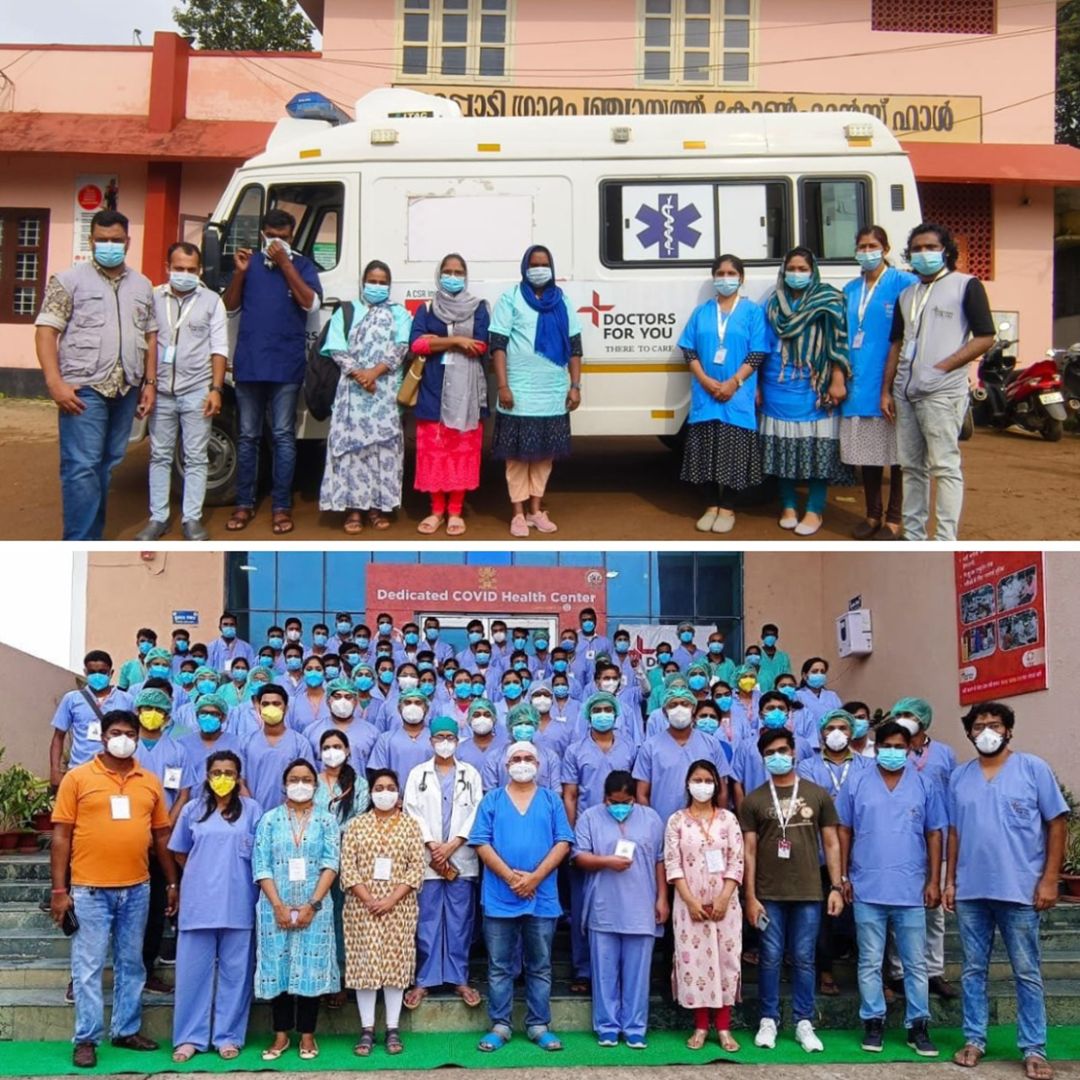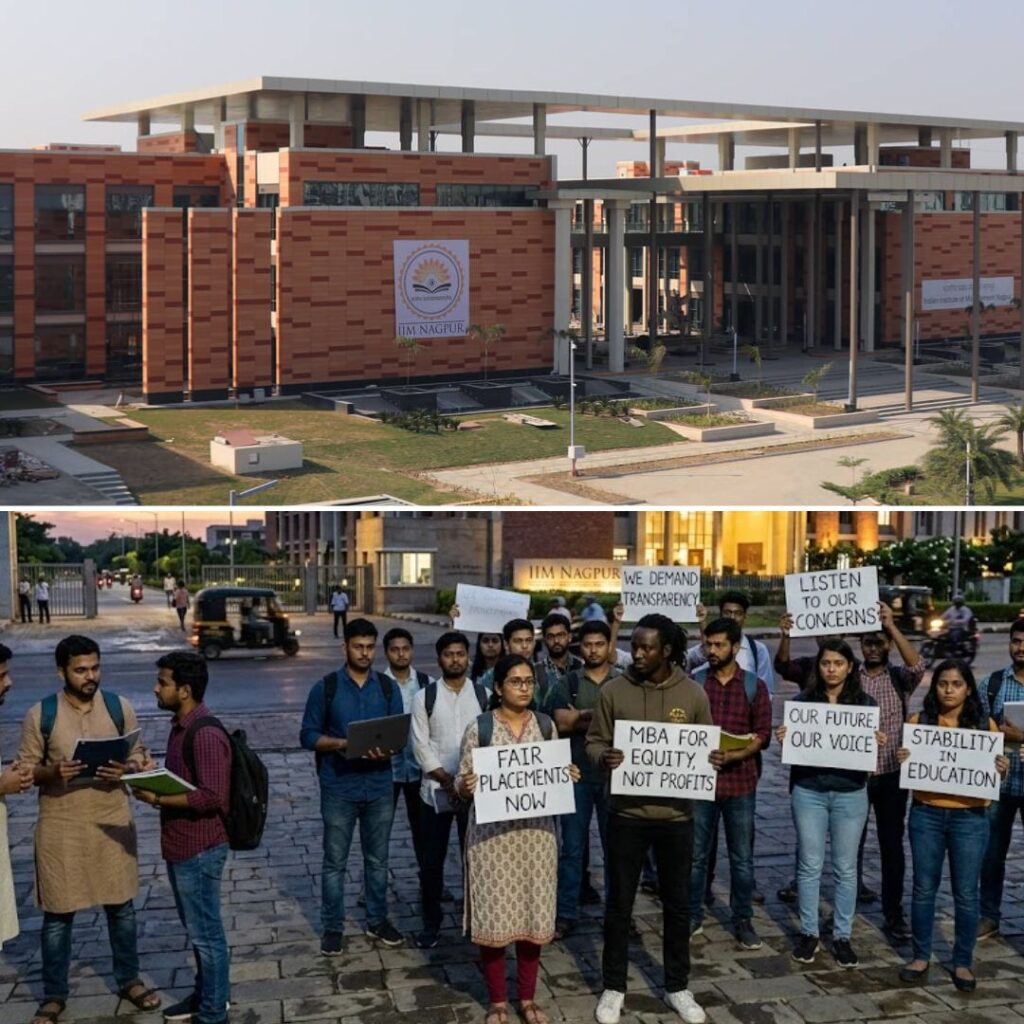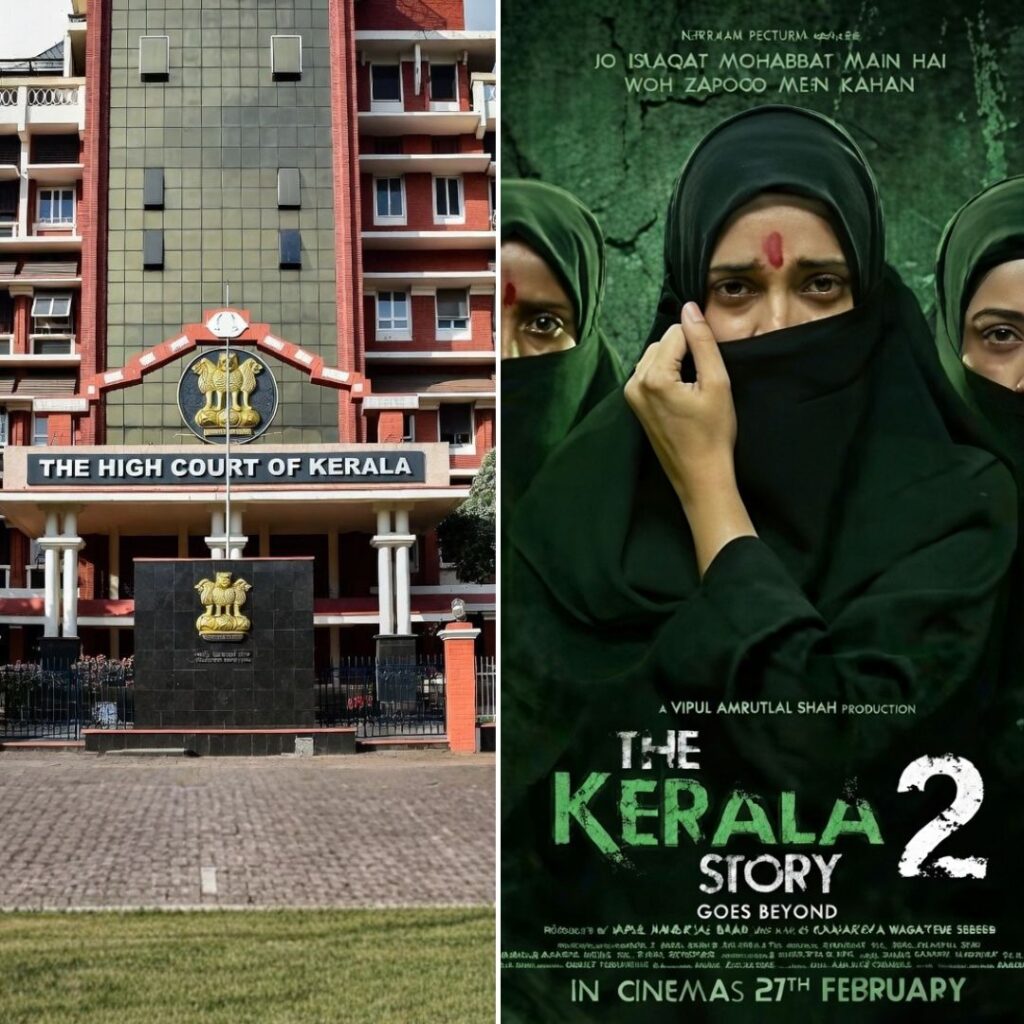In the development realm, where challenges often overshadow recognition, the Junoon Awards are a tribute to passion-driven impact and to inspire innovations and collaborations in the development sector. Derived from the Hindi word for “passion,” these awards celebrate the courage, innovation, and resilience of organizations that dare to push boundaries for the greater good.
More than just an accolade, the Junoon Awards recognize those who turn challenges into opportunities and redefine the possibilities of change, ensuring that these unsung heroes of the development sector receive the recognition they deserve.
The inaugural Junoon Awards in 2023 celebrated resilience during the pandemic, recognizing individuals and organizations with remarkable perseverance and innovation. Amid the challenges of COVID-19, these changemakers adapted, found new ways to continue their work, and made a lasting impact. Their efforts stood as a testament to human strength and ingenuity, making the awards a tribute to determination and progress in the face of adversity.
Among the many organizations that stepped up during the COVID-19 pandemic, Doctors For You (DFY) stood out for its structured, system-oriented approach that prioritized immediate emergency response and long-term public health strengthening. Rooted in the belief that health is a collective responsibility, DFY navigated one of the most challenging health crises in recent history with an unwavering focus on collaboration, institutional innovation, and community-centered care.
When the pandemic hit, DFY responded not as a siloed organization but as part of an integrated network, quickly establishing an “Integrated Network of Care through Public-Private Partnership.” This model wasn’t merely a crisis arrangement, it was a well-thought-out governance structure that brought together state governments, district administrations, and corporate partners to pool resources and expertise. At its core was a disciplined, ritualized practice: the 9 am Governing and Management Body Call, where goals were reviewed, strategies discussed, and accountability maintained. Such administrative innovations ensured that response efforts didn’t remain ad-hoc, but were effectively managed, tracked, and scaled.
DFY’s framework during the crisis was expansive. The “Comprehensive COVID-19 Relief, Emergency, and Essential Health Services Responses Framework” covered everything from vaccination drives and maternal health to infrastructure development, nutrition, and disaster relief. Even when the immediate pressure of the pandemic began to recede, DFY didn’t withdraw; rather, it transitioned. Makeshift hospitals were reoriented to host fever clinics and screening camps, and essential health services were further strengthened and brought to the forefront.
But what truly differentiated DFY was its ability to translate crisis learning into sustainable public health practice. Several innovations were carried forward: its governance and management models, human resource practices, and community engagement frameworks. Evidence-based interventions like Risk Communication and Community Engagement (RCCE), scaled-up vaccination efforts, and the protection of frontline workers became lasting features of its operations. The “Protect the Protector Campaign,” which distributed personal protective equipment to healthcare workers nationwide, symbolized DFY’s commitment not just to patients but to its people.
DFY’s work was not only innovative but also replicable. Its geographical reach grew from 15 states during the first wave of the pandemic to 25 states by the third, supported by a consistent emphasis on pilot testing, community inclusion, and synergy with government schemes. It set up over 200 vaccination centers, equipped 150+ public health facilities, trained over 3,500 healthcare professionals, and built 47 makeshift hospitals, collectively managing over 84,000 patients with mobile teams.
Internally, the well-being of the DFY team was a priority. Structural changes in care centers, such as ventilated workflows, distinct red and green zones, and onsite accommodation, were designed to minimize cross-infection risks. The organization recognized the psychological burden on healthcare professionals and responded with support sessions, accommodations, and the flexibility needed to adapt quickly to a changing crisis environment.
The sustainability of DFY’s efforts lies not just in its programs but in its principles. Every asset created during the pandemic was handed over to the government, strengthening public infrastructure for the long term. Community involvement was treated not as a checkbox but as a cornerstone, ensuring that efforts remained relevant, trusted, and owned by the people they were designed to serve.
In essence, DFY’s pandemic response was not just about emergency relief; it was about reimagining the ecosystem of public health. It demonstrated how a rights-based, partnership-driven approach—rooted in structure, science, and empathy can build systems that are resilient, replicable, and deeply human. The pandemic didn’t just test DFY’s capabilities; it amplified the clarity of its mission and the strength of its vision.
The Logical Indian’s Perspective
The Junoon Awards and DFY’s extraordinary response during the pandemic remind us of the power of passion, collaboration, and empathy in the face of adversity. These stories of resilience and innovation not only inspire hope but also set a benchmark for how communities and institutions can work together for lasting change.
At The Logical Indian, we believe such recognition is crucial for nurturing a culture of kindness, dialogue, and shared responsibility. How can we, as a society, continue to support and celebrate those who drive positive change in our communities?













